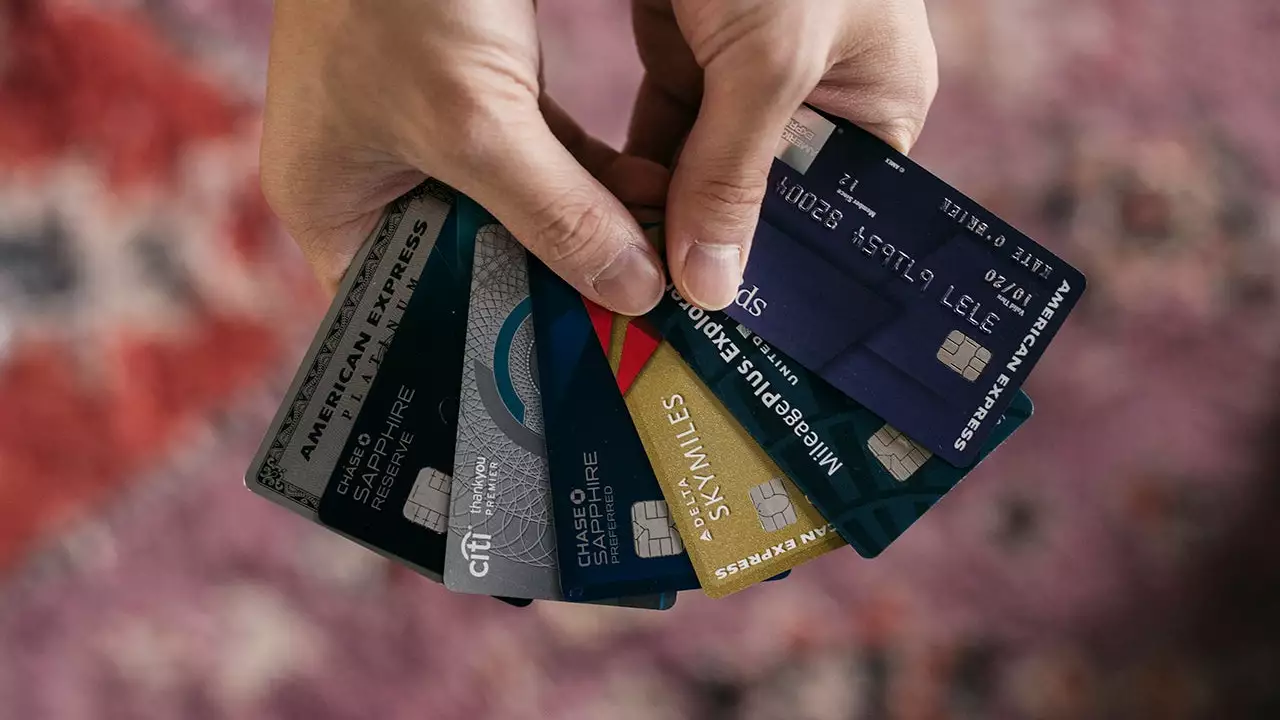Understanding Your Credit Card History
Let's start with the basics. Your credit card history is a record of all the credit cards you've had, including those that you've closed or paid off. It's a part of your credit report, which is a detailed document that lenders use to assess your creditworthiness. Knowing your credit card history can help you manage your finances better, and it can even help you spot potential fraud or identity theft. So, how can you find out what credit cards you've had in the past? Let's dive into it.
Checking Your Credit Report
The first and most reliable way to find out what credit cards you've had is by checking your credit report. You have the right to request a free copy of your credit report from each of the three major credit reporting agencies – Experian, Equifax, and TransUnion – once every 12 months. These reports contain information about all of your credit accounts, including past and present credit cards.
When you receive your credit report, you'll see a list of all your credit accounts, both open and closed. Each account will have a status indicating whether it's open, closed, delinquent, or in collections. If you see any accounts that you don't recognize, it's essential to investigate further as this could be a sign of fraud or identity theft.
Navigating Your Credit Card Statements
Your credit card statements can also provide a wealth of information about your credit card history. If you've been diligent about keeping your old statements, you should be able to piece together a list of your past credit cards. Look for the names of the credit card issuers and the account numbers. Also, note the dates of the statements to determine when you opened and closed each account.
If you haven't kept your old statements, don't worry. Most credit card issuers allow you to access past statements online. You may be able to view statements from closed accounts as well, depending on the issuer's policy. Just log into your online account and look for a section labeled "Statements" or "Account History."
Using Online Tools and Apps
There are also numerous online tools and apps that can help you track your credit card history. Some of these tools pull information from your credit report and present it in an easy-to-understand format. Others allow you to link your credit card accounts and track your spending, payments, and account status in real time.
Keep in mind that while these tools can be helpful, they may not provide a complete picture of your credit card history. For example, they may not include accounts that have been closed for several years. Always cross-check the information from these tools with your official credit report to ensure accuracy.
Contacting Your Credit Card Issuers
If you're having trouble finding information about a specific credit card, consider contacting the issuer directly. Most credit card issuers can provide information about your account history upon request. They may be able to tell you when you opened and closed the account, as well as any outstanding balances or late payments.
When contacting your credit card issuer, be prepared to provide some personal information for verification purposes. This may include your social security number, date of birth, and answers to security questions.
Seeking Professional Help
If you're still having trouble finding out what credit cards you've had, or if you need help understanding your credit report, consider seeking professional help. A credit counselor or financial advisor can help you navigate your credit report and explain any confusing terms or information.
Remember, understanding your credit card history is an important part of managing your finances. By taking the time to investigate your past credit cards, you can gain a better understanding of your financial habits and take steps to improve your credit health.

Write a comment